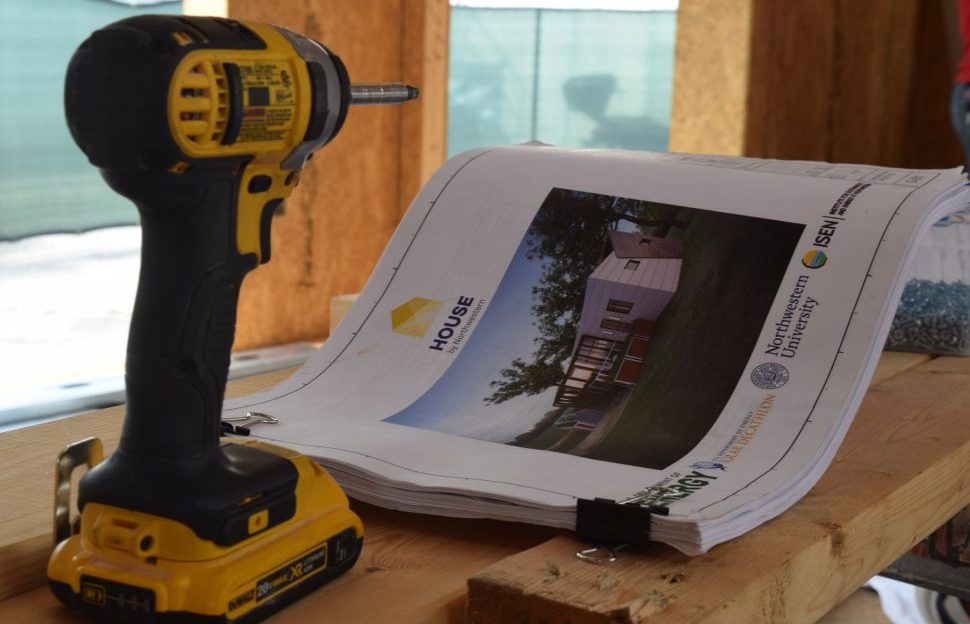John Tolley, August 16, 2017
What would you expect to find in a house designed and built by college students?
Regardless of whatever images that question may conjure in the mind, we feel safe in saying that the Enable House by Northwestern probably runs quite contrary to expectations.
Enable is Northwestern University?s inaugural entry into the U.S. Department of Energy?s Solar Decathlon, a competition in ten parts challenging college students to construct the energy-efficient house of the future.
The houses are judged on parameters such as the strength and innovation of the engineering, the aesthetics of the architecture, the marketability of the domicile and even how well the teams communicates their concept.
To face the myriad challenges, HBN consists of a team of students from diverse disciplines. There are the usual suspects, engineers, architects and the like, but also arts, psychology and marketing students.
?My favorite part of being on HBN is the ability to learn far more than I ever could in coursework alone,? said McCormick student and project manager Bill Bach, speaking with sustainNU. ?This project has allowed me to interact with students from other disciplines and industry professionals. At the end of the project, our hard work will have accomplished a tangible and impressive result,?
Construction on Enable broke ground this June, with initial framing and roofing underway by July. Features of the structure include a roof with integrated solar technology, an innovative, energy saving heat pump and low-maintenance, self-watering planters.
Another component of the decathlon is that the houses are to be built with a specific consumer demographic in mind; HBN chose Baby Boomers ages 55-70. As this population reaches retirement and beyond, the U.S. housing market must meet the needs of aging consumers and all decathlon entries must comply with ADA requirements. With this in mind, Enable features ?zero-step entrances, single-floor living, wide hallways and doorways, wheelchair-accessible light switches, and lever-style door handles and faucets,? according to the HBN website.
Once construction is complete, Enable will actually be broken down into several segments and shipped to the decathlon competition site in Denver for the juried and measured portion of the competition. Successfully completing their build alone will garner the team a cash prize of $100,000, with significantly more being awarded for top prize.







